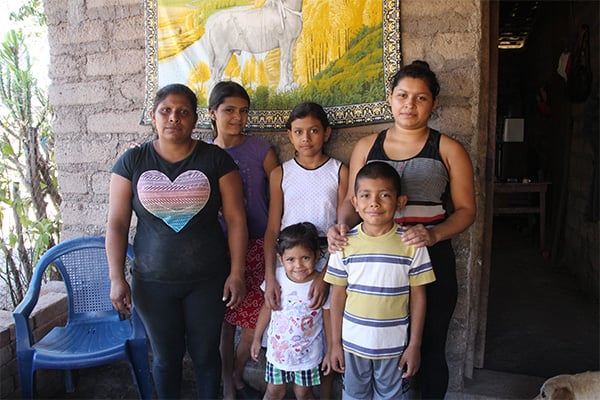proofdaily.com – El Salvador, the smallest and most densely populated country in Central America, has long been grappling with the challenges of poverty and social exclusion. Despite its economic growth and development efforts, a significant portion of its population continues to live in conditions of poverty, with limited access to essential services and opportunities.
The Poverty Landscape
According to recent statistics, approximately 30% of El Salvador’s population lives below the national poverty line, with a further 10% in extreme poverty. This means that millions of Salvadorans lack access to basic needs such as adequate nutrition, clean water, sanitation, and healthcare. Poverty is particularly acute in rural areas, where the majority of the poor reside, and among indigenous communities, who face additional barriers to social inclusion.
Social Exclusion
Social exclusion in El Salvador is a multifaceted issue that goes beyond economic poverty. It encompasses the lack of access to education, healthcare, and employment opportunities, as well as the exclusion from political and social participation. Women, indigenous peoples, and persons with disabilities are particularly vulnerable to social exclusion, facing discrimination and marginalization.
Factors Contributing to Poverty and Social Exclusion
Several factors contribute to the persistence of poverty and social exclusion in El Salvador:
- Economic Inequality: The country has one of the highest levels of income inequality in the region, with a significant wealth gap between the rich and the poor. This inequality limits opportunities for the poor to escape their circumstances.
- Limited Access to Education: While El Salvador has made strides in increasing school enrollment, the quality of education remains a concern, particularly in rural and marginalized areas. This limits the ability of the poor to acquire the skills needed for better-paying jobs.
- Weak Healthcare System: The healthcare system in El Salvador faces challenges such as limited resources, geographical barriers, and a shortage of healthcare professionals. This makes it difficult for the poor to access essential healthcare services.
- Violence and Insecurity: High levels of crime and gang violence, particularly in urban areas, contribute to social exclusion by limiting mobility and access to services. This insecurity also deters investment and economic growth, perpetuating poverty.
Government and International Efforts
The Salvadoran government, along with international organizations, has implemented various programs and policies aimed at addressing poverty and social exclusion. These include:
- Social Protection Programs: Initiatives such as conditional cash transfers aim to provide financial support to the poorest families, conditional on their children attending school and receiving vaccinations.
- Education Reforms: Efforts to improve the quality and accessibility of education, including teacher training programs and the construction of new schools, are crucial for breaking the cycle of poverty.
- Healthcare Improvements: Investments in healthcare infrastructure and the expansion of health insurance coverage are essential for ensuring that all citizens have access to essential healthcare services.
- Economic Development Initiatives: Promoting economic growth and job creation, particularly in rural and marginalized areas, is key to reducing poverty and fostering social inclusion.
Conclusion
The struggle with poverty and social exclusion in El Salvador is a complex issue that requires a multifaceted approach. While the government and its international partners have taken significant steps to address these challenges, much work remains to be done. Ensuring access to quality education, healthcare, and economic opportunities for all citizens is crucial for building a more inclusive and prosperous society in El Salvador.
